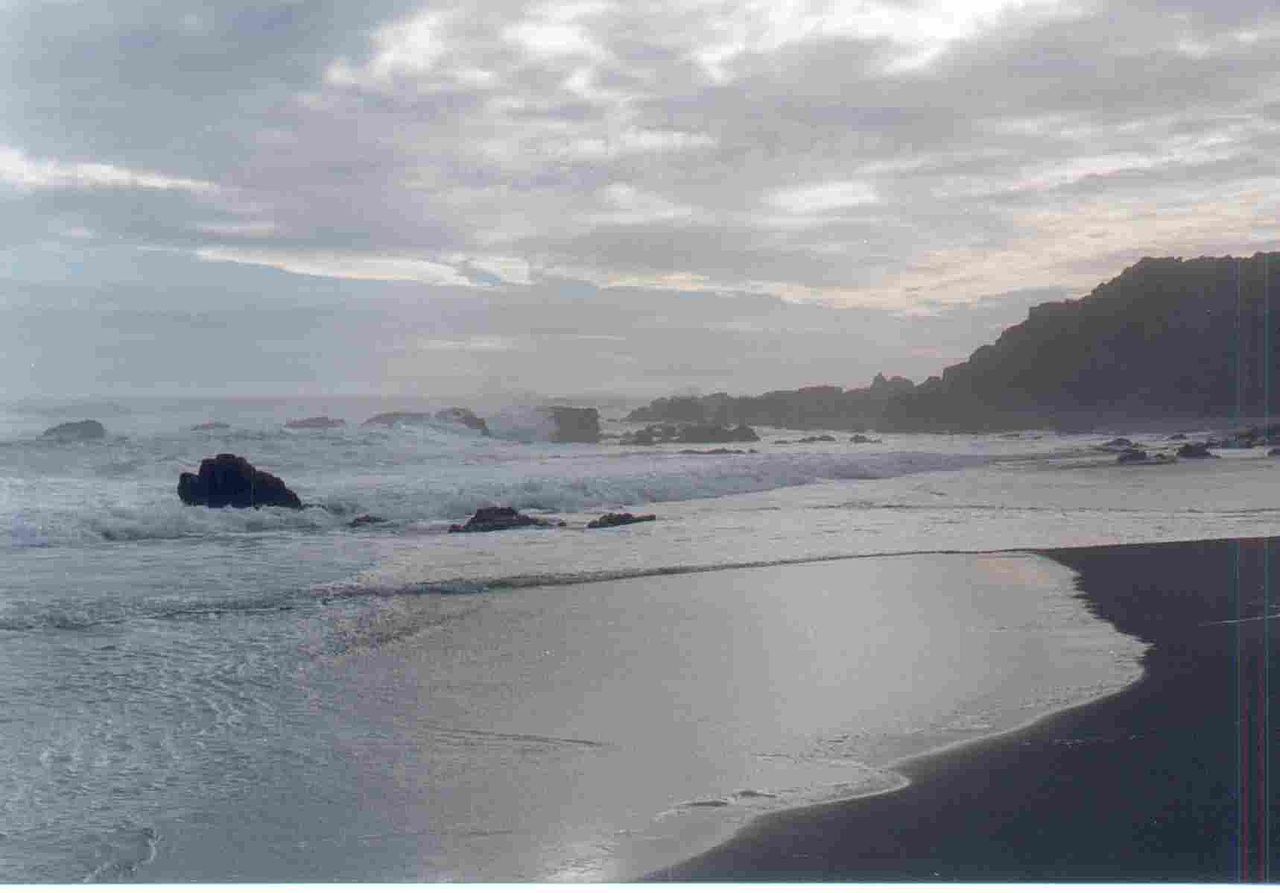An Attempt to Silence Environmental Activism in South Africa
This mining company's defamation suit is a classic example of a strategic lawsuit against public participation.
In January 2017, two attorneys from the Center for Environmental Rights (CER), a South African environmental law organization and a close partner of Earthjustice, gave a presentation to students at the University of Cape Town about the “environmentally destructive” Tormin sand mine on the west coast of South Africa. Local community groups and CER had been raising concerns about the mine’s poor environmental track record, which is owned by Australian mining company Mineral Resources Commodities (MRC), since it began operating in 2013. Little did the CER attorneys know that the company and its local subsidiary, Mineral Sands Resources (MSR), would sue them for defamation over their remarks.
This defamation suit is a classic example of a strategic lawsuit against public participation (SLAPP suit), and it is one of three that MRC and MSR have brought against environmental activists in the last four years. The lawsuits, which target 10 activists, including the CER attorneys, seek R14,25 million (US$823,000) in damages.
SLAPP suits are meritless and retaliatory lawsuits that typically rely on defamation or criminal claims to censor, intimidate, and silence critics. Companies or governments often know that project opponents or activists will not be able to pay damage awards or be able to mount an adequate legal defense. They instead seek to stifle opposition with the cost and burden of litigation until the activists abandon their criticism or opposition. SLAPP suits represent a major threat to freedom of expression. Those bringing SLAPP suits may not even be looking to win. Instead, they are sending a message to any would be protesters: back off, or we will retaliate.
Corporations and governments use SLAPP suits around the world to respond to community activism. One particularly egregious example in the United States was the retaliatory suits Energy Transfer Partners, the proponent of the Dakota Access Pipeline, brought against various organizations opposing the pipeline. After the Standing Rock Sioux Tribe prevailed in court in June 2017, Energy Transfer sued Greenpeace, EarthFirst!, and BankTrack for approximately $900 million in damages for defamation and civil violations of the Racketeer Influenced and Corrupt Organizations Act (RICO), a law best known for prosecuting mobsters. Energy Transfer Partners alleged that the groups disseminated false and misleading information about the Dakota Access Pipeline and interfered with its construction. When dismissing the case, the North Dakota district court took the time to explain that the claims were baseless. Merely organizing a letter-writing campaign to banks, as the DAPL opponents did, does not qualify as racketeering.
After seeing an increase in the number of SLAPP suits in South Africa in 2019, CER and other civil society organization started the Asina Loyiko campaign, meaning “we have no fear” in IsiXhosa. The campaign seeks to raise awareness about SLAPP suits and bring civil society together to fight corporate bullying. CER and the other defendants continue to vehemently fight the SLAPP suit against them. On June 9 and 10, 2020, lawyers for the CER attorneys and the defendants argued to dismiss the case in court on the grounds that the lawsuit is meritless, was brought to discourage non-governmental organizations from speaking out, and is an abuse of process. The defendants’ legal counsel argued that “it is quite impermissible for the mining companies to bring these proceedings in circumstances where they know that they will never have any realistic prospect of recovering the damages they seek and where their purpose is to intimidate and silence public criticism by the named defendants, civil society, the public and the media.”
A win for the defendants in this case would protect activists against SLAPP suits in South Africa, and it would signal that the courts will not tolerate harassment and corporate bullying in retaliation against constitutionally protected expression and political speech.
The International Program partners with organizations and communities around the world to establish, strengthen, and enforce national and international legal protections for the environment and public health.
Earthjustice Media Relations Team
media@earthjustice.org
